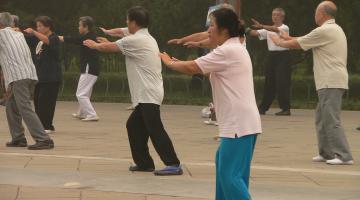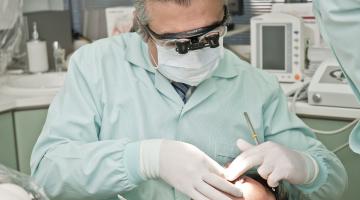Overdose Deaths Rising In The USA But Little Help On Offer
Worrying reports are coming out of Charleston in the USA, as more and more people are suffering from addiction, and in particular opioids, but with little help on offer from authorities.
A recent report has found that emergency rooms are filling up with people seeking treatment for trying to quit opiates with treatment centres also welcoming more and more looking to go through a fentanyl or heroin drug rehab centre as the winter months draw in.
Dinah Collins, a specialist at the Medical University of South Carolina said, “As soon as temperatures start to drop and it gets chilly in the mornings, we see more people coming into the emergency department looking for help.”
However, despite a nationwide overdose crisis, such emergency departments are struggling to cope and treat everyone, with recent studies finding that in many parts of the country less than 10% of drug related visits in emergency departments are resulting in prescriptions to deal with that.
At hospitals, emergency physicians do have basic training in addiction medicines and are able to prescribe buprenorphine, a drug that can help tide over addicts until they are able to get proper addiction treatment at a rehab centre, and many professionals are claiming it should be more widely available in emergency rooms, with the stats showing it isn’t being rolled out quite as it should.
What’s more, that’s only going to get more problematic as more and more people find themselves hooked to opioids in the USA, unable to get the treatment they need. However, there is also a fear that those seeking treatment for withdrawal in emergency rooms also aren’t going on to get the treatment they need after taking buprenorphine.
Which ultimately means that there needs to be more support for those in need to help stay in touch with patients after they leave and follow up by getting full treatment programmes from rehabilitation centres.
Dr Elizabeth Samuels, an emergency physician at Brown University in Rhode Island said, “This is not about resources or a shortage of trained emergency staff. The biggest barrier is stigma and knowledge gaps.”
Therefore education is vital for patients to then go on and get the treatment they need. The emergency room and hospitals are essentially providing patients with a platform to then go on and get treatment following a prescription of buprenorphine, but few are actually doing it, ending back on the streets and getting their fix of opioids. Which is only continuing the crisis.
More needs to be done to educate at that second phase, or the crisis is only going to continue, and ultimately get worse during difficult economic times.
More to Read:
Previous Posts:







